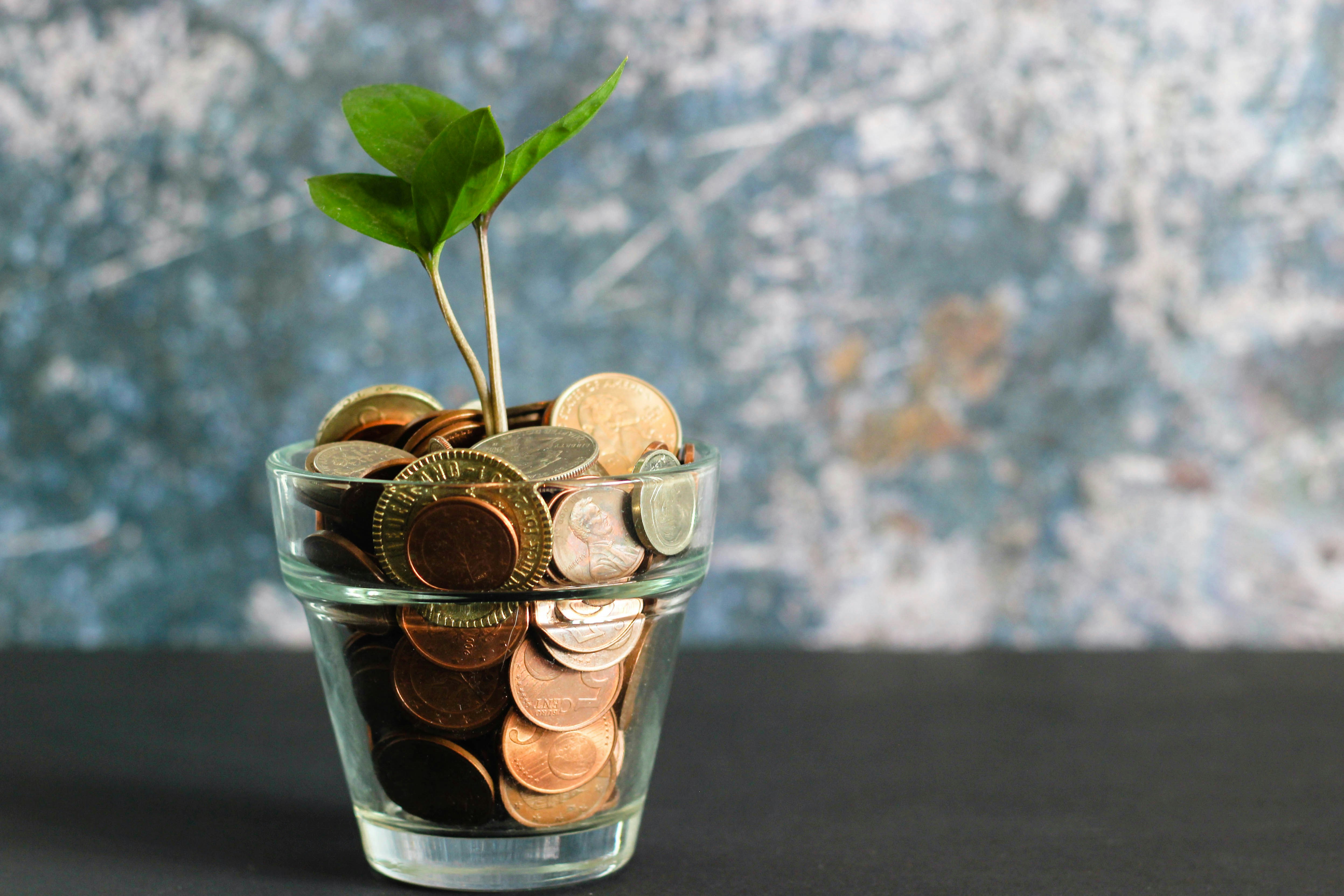Why Financial Preparedness Matters During Hurricane Season
As the hurricane season approaches, many focus on securing their homes and stocking up on supplies, but financial preparedness often takes a backseat. However, financial readiness is just as crucial as physical preparedness. Hurricanes can disrupt lives and economies, leading to unexpected expenses and financial hardships. Here, we explore why financial preparedness is essential during hurricane season and provide practical tips to help you safeguard your finances.
Understanding the Financial Impact of Hurricanes
Hurricanes can cause massive destruction, leading to significant repair and recovery costs. These disasters can disrupt incomes, deplete savings, and even lead to long-term financial instability. According to FEMA, the financial strain on individuals and communities can be overwhelming, emphasizing the need for proactive financial planning.
Creating an Emergency Fund
A well-stocked emergency fund is a cornerstone of financial preparedness. Experts recommend saving three to six months’ worth of living expenses in an easily accessible account. This fund can cover essentials like food, shelter, and transportation in the aftermath of a hurricane when regular income might be disrupted.
Practical Steps to Build Your Emergency Fund:
- Start small and contribute consistently, even if it’s just a few dollars each week.
- Automate transfers to your emergency fund account to ensure regular savings.
- Reduce non-essential expenses and redirect those funds into your emergency savings.
Reviewing Insurance Coverage
Insurance is a critical component of financial preparedness. Standard homeowner’s insurance policies may not cover hurricane-related damages, so reviewing and updating your coverage is essential. Consider flood insurance and additional windstorm coverage, especially if you live in hurricane-prone areas.
For comprehensive guidelines on choosing the right insurance, visit the National Flood Insurance Program.
Protecting Important Documents
Ensure all essential documents, such as identification, insurance policies, property deeds, and medical records, are stored safely. Consider using waterproof and fireproof safes or digital backups to protect these documents from damage. Accessible documentation can expedite claims and financial recovery processes.
Creating a Financial Emergency Plan
A financial emergency plan outlines steps to take before, during, and after a hurricane to ensure financial stability. This plan should include:
- Contact information for banks, insurance companies, and utility providers.
- A list of all financial accounts and their access details.
- Strategies for maintaining cash flow, such as accessing emergency credit or loans.
Budgeting for Disaster Preparedness
Allocate a portion of your budget specifically for disaster preparedness. This fund can cover expenses like emergency kits, evacuation costs, and temporary housing if needed. Regularly review and adjust your budget to ensure you have adequate funds set aside for potential emergencies.
Helpful Budgeting Tips:
- Track your spending to identify areas where you can cut back.
- Set financial goals related to disaster preparedness and work towards them.
- Use budgeting tools or apps to monitor and manage your expenses.
The Role of Community Support
Financial preparedness is not just an individual effort; community support plays a significant role. Nonprofit organizations like HelpNow offer resources and training to help individuals and businesses prepare financially for hurricanes. By participating in community programs and sharing resources, we can build a more resilient society.
Seeking Professional Advice
If you’re unsure how to prepare financially for hurricane season, consider seeking advice from financial advisors. They can provide personalized strategies to help you secure your finances and ensure you have adequate coverage and savings to weather any storm.
Conclusion
Financial preparedness is a critical component of hurricane readiness. By taking proactive steps to build an emergency fund, review insurance coverage, protect important documents, and create a financial emergency plan, you can significantly reduce the financial impact of hurricanes on your life. Remember, preparation today can provide peace of mind and financial stability tomorrow.
For more information on disaster preparedness and to participate in emergency response training, visit our courses page or contact us directly. Together, we can create a resilient community ready to face any challenge.

